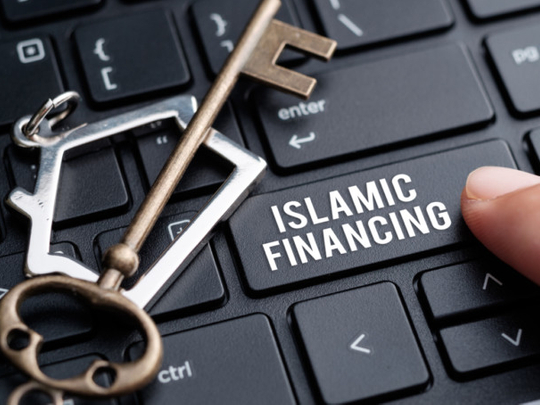
If there is a time to buy property in Dubai, it is now. At least, that’s the resounding consensus stemming from local property analysts, brokers and sellers, who have been watching sales-price fluctuations that would typically lend the industry to consider it a buyer’s market.
Unsurprisingly, a report issued by a real estate portal in Dubai indicated that property prices in Dubai had spiralled by 20 per cent over an 18-month period, from November 2015 to April this year. While the price-dip has also impacted rental values, the relative slowdown in sales prices has proven to sustain good yields for the “buy-to-let” investor. To add to this, estimates from JLL show that an additional 28,000 new units will be added to Dubai’s property market by the end of 2017, indicating that the higher supply that would further push sales prices to a more investment-friendly bracket.
With all the trends pointing to buy now, it is also a good time to weigh in on the most favourable options for home financing. Notably, the Islamic option has seen a significant rise over the years, with certain UAE banks estimating that Shariah-compliant facilities constitute close to 50 per cent of the total home finance market. Overall, Islamic financing has seen a steeper rise this year, according to the UAE Central Bank, making it an important segment to consider for home-buyers.
Financing peace of mind
The growing popularity of Islamic financing is largely due to the ethical nature built in its products compared to the overall market. These moral and ethical values are ingrained in its structure, which make it possible for customers to enter in to transparent agreements for financing that also offers greater flexibility. Aspects such as the prohibition of interest or “riba”, fair and balanced payment terms, and reasonable penalty concessions make Shariah-compliant products, including home financing, more agreeable.
Moreover, Islamic banking products are structured in an innovative way, and for a big-ticket transaction such as buying a home, one of the most favourable aspects is the long-term partnership that Islamic banks enter in to with the customer, which builds on risk or profit-sharing. In simple terms, Islamic banks provide financing that is always backed by an asset, which in the case of home financing is the property itself.
Islamic home financing is generally available through a financing structure that either follows a fixed profit rate, which is offered through a Murabaha or sales transaction structure, or the financing is based on what can be considered a variable profit rate, offered through an Ijara or lease structure contract.
In a Murabaha contract, the property buyer finalizes the home-buying decision, following which the bank buys the property on behalf of the customer, and sells it back immediately at an adjusted price that includes both the financing principle amount and fixed profit, which are then divided into smaller amounts that the home-buyer can repay over a pre-agreed period.
On the other hand, in an Ijara contract used for home financing, the home buyer would also finalise the property and price before taking out the financing. However, in this structure, the bank would buy the property and lease it to the customer over a fixed period, during which the buyer pays periodic Ijarah or rental payments. In this method, the customer pays both the principle financing amount and the profit, in the form of rent. At the end of the fixed term, the bank sells the property back to the customer at a pre-agreed nominal cost.
In both instances, the partnership between the customer and the bank ensures a fair and hassle-free financing structure with no element of uncertainty, given that the terms for -payment and the profit rate are agreed upon at the time of signing the contract.
Risk and profit-sharing
As Shariah-compliant products take the forefront in home financing, Islamic banks today have made it possible for customers to enjoy benefits that match conventional financing, and in many cases, improve the overall offerings. Today, home-buyers in the UAE can choose from a wide cross-section of Islamic financing products, with options ranging from financing for completed or under-development properties, for constructing one’s own property or buying land for development, for balance-transfers and refinancing properties, and even for home improvements.
Shared prosperity
Outlining the mutually beneficial aspects of Islamic finance principles, a report by the World Bank confirms that “the use of Islamic finance has significant implications with respect to enhancing shared prosperity and risk sharing in housing finance. Indeed, the deployment of Islamic finance tools for home financing has the potential to prevent some of the problems that led to the recent global financial crisis.” Thus, as a solution that cuts across economic headwinds, meeting the needs of home buyers, Islamic home finance is worth consideration as a trusted solution for property investors.
Source: iBankIslamic, an awareness initiative led by Islamic banking experts in the UAE.












